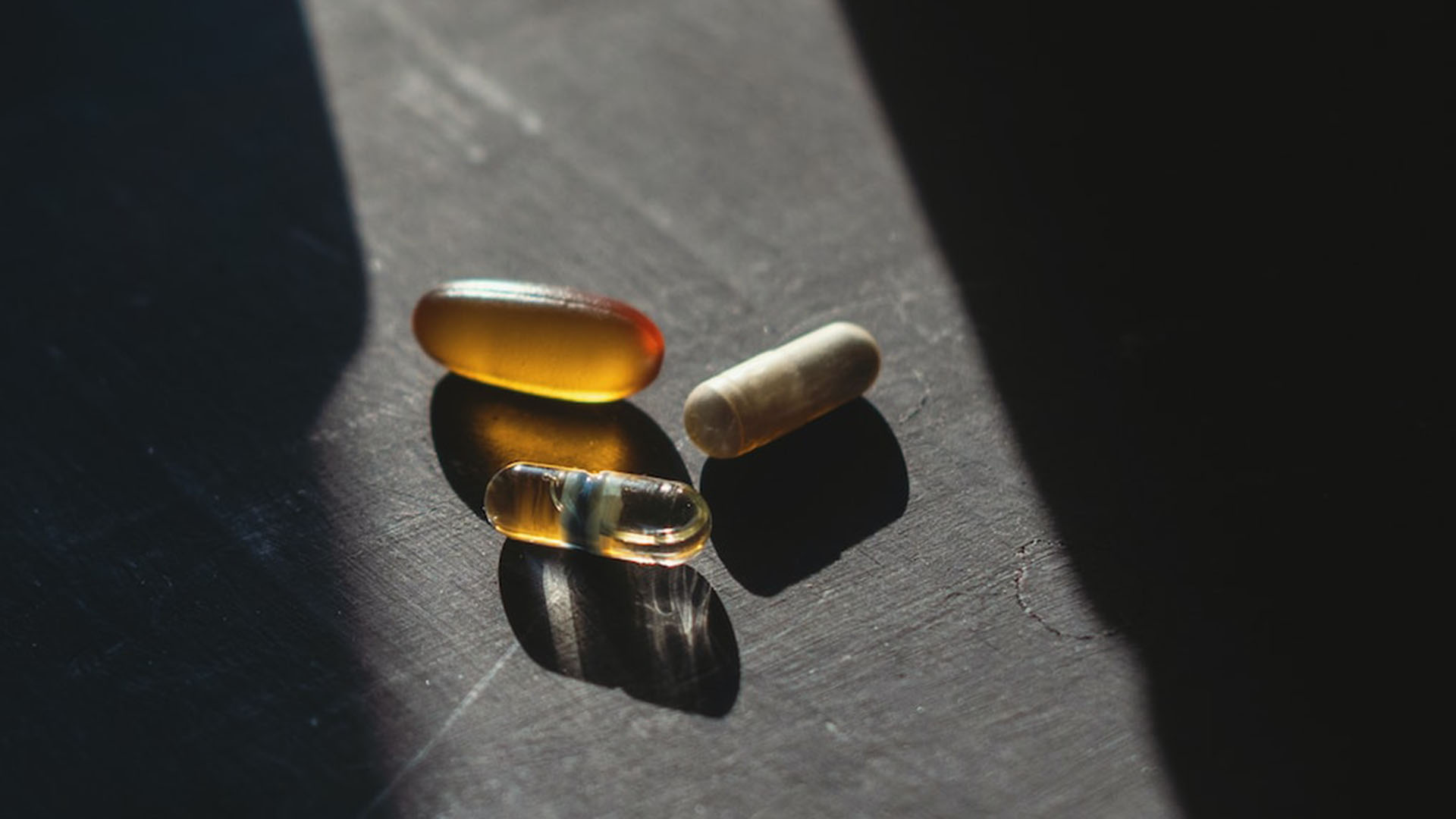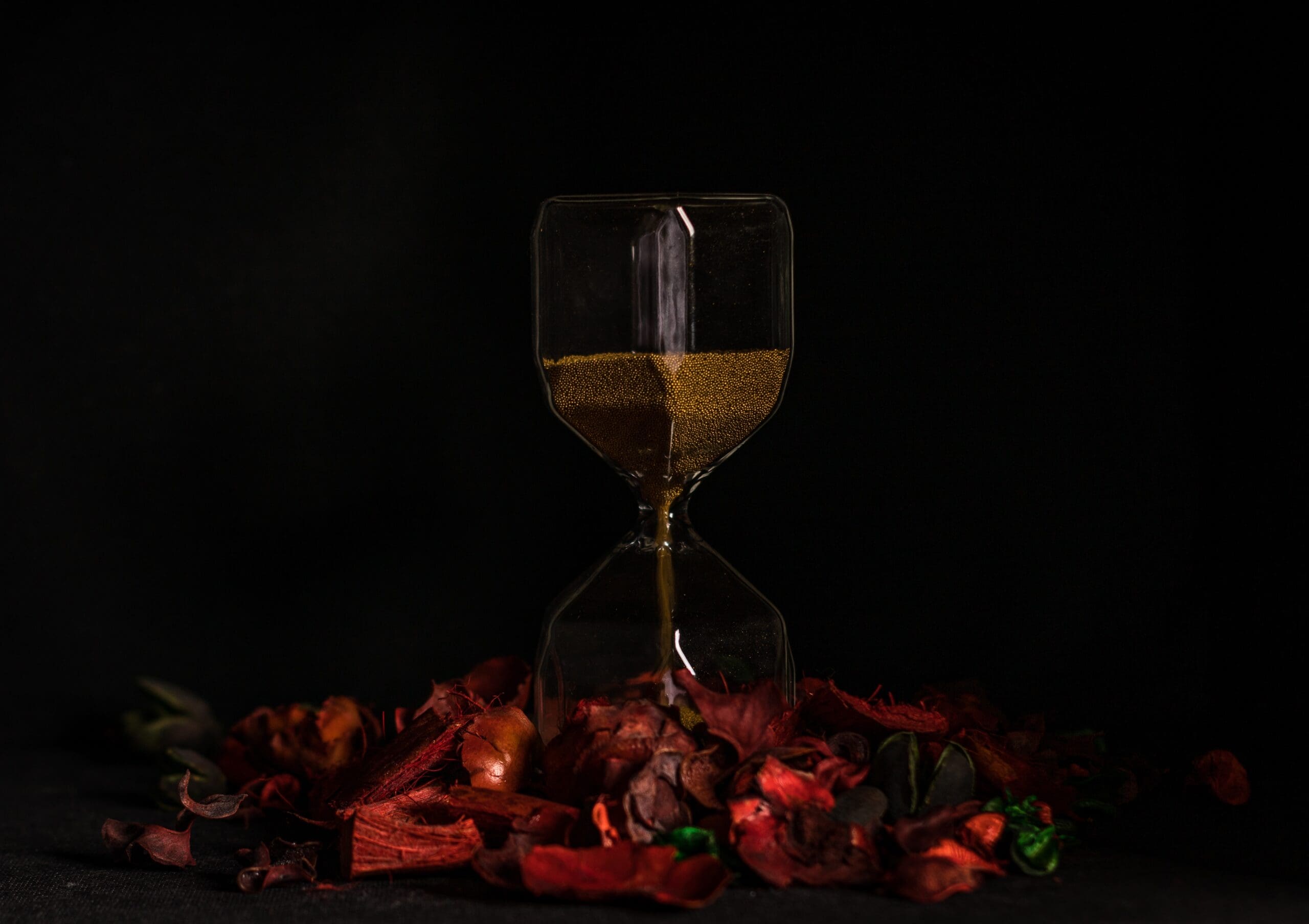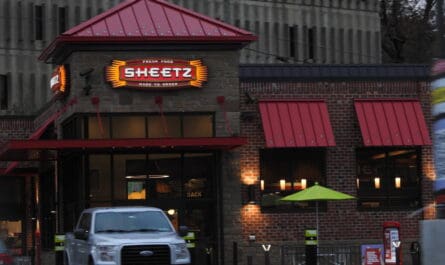The doctor was drunk again—eyelids heavy, gray hair askew, the reek of cheap bourbon and, maybe, onions on his breath. He arrived in this state every night by the time ten-o’clock sick calls were read and their respective inmates summoned from their PODs. No one knew whether he worked at Boone Country Correctional Center because he was an alcoholic or he drank to show his disgust at being relegated to the job at this stage in his career.
Cobb Rollins appreciated the doctor’s predictable recklessness. He counted on it. When the desk guard called his named over the cell’s speaker box and told him to report to medical, Cobb was dressed to go, his flimsy khaki shirt tucked neatly into his khaki pants, his sneakers—the good white ones he ordered from an inmate catalogue—laced, his prisoner ID card already in hand. He left his cell, headed out the main POD door, down two flights of stairs, through two more doors, and into the empty courtyard between the main prison and medical building. No guards accompanied him—standard procedure in a medium-security facility, the inmates expected to move from one place to another without delaying or attempting anything stupid.
He delayed. He stopped in the brick-lined courtyard and stared through three fences at the mostly vacant parking lot, yellow brick building across the street, and vast panoramic of stars in the clear, night, southern-West-Virginia sky. This was the only place where no walls blocked his view, just three rows of wire mesh capped with coils of razor wire. Here, alone in the peaceful dark, inmates often thought of escape, although none tried—this flimsiest of fortifications deceptive. Cobb liked to pause here long enough to experience serenity, without overstaying and drawing the attention of whatever officer sat in the control room, watching on a closed-circuit camera.
When he had his fill of calm, Cobb reached a hand to his lower back and squeezed hard, as he had all day, enforcing a redness of the skin as if there were inflammation. It hurt a little, but he wanted it to appear to hurt a lot. Then, he turned and headed for the door to Medical.
After the C.O. on duty glanced at Cobb’s ID, she motioned him toward the window where a brown-haired nurse with crooked teeth found his sick-call form, read over it, and said, “Lower back pain?”
Cobb nodded and grunted.
“Do you want ibuprofen or do you need to see the doctor?”
“Doctor,” he said. He caught his reflection in the glass: face pale, eyes black-banded after he forced himself to stay awake all night. He had a cut on his lower lip from shaving with a disposable razor. It looked as though he had been in a fight and lost.
The nurse shook her head as if the request were an imposition. “It’ll be a few minutes. Dr. Callino’s with another patient. Have a seat over there.” She pointed to a blue plastic chair beside the water cooler.
Cobb turned and walked toward the chair. As soon as he sat down, the door to the examination area opened and another inmate exited. The squat man, one of many nicknamed Shorty, glanced at Cobb as he passed and said, “Whack-ass horse doctor,” scowling.
The C.O. said, “Watch yourself,” her tone more imposing than her tiny frame suggested.
“Yeah, sorry,” Shorty said. “You know how it is. I got the flu, and he tells me to take two Tylenol and go to bed. What he told the last guy, too. Soon, this whole place’s gonna be sick.”
“File a grievance,” the C.O. said.
“Think I will.”
“Up to you. Now go back to your POD and keep your mouth shut until you get there.”
“Inmate Rollins,” the nurse said, pulling Cobb’s attention away from the discussion. “Head on back. Dr. Callino’s ready for you.”
Cobb smirked at that. Dr. Callino was never ready for anyone.
* * *
Two years ago, during his brief glimpse of freedom between bids, Cobb was squatting in an abandoned house in the Westmoreland district of Huntington. The house—rundown, one-story, white-paneled—looked squashed as though someone dropped it from an airplane. It had been occupied by his friend Janelle before she, too, got sent up the river for dealing. They both knew the same guy, Claude, who brought heroin, pills, and coke down along the drug pipeline from Detroit. Claude—a bookish guy with big eyes made bigger by Coke-bottle glasses—brought the dope to their door, dealing with whichever happened to be out of prison at the time. He treated Cobb and Janelle like one person—a corporation—so when Janelle got busted without paying her debt, Claude wanted to collect from Cobb. Threats were levied, warning punches thrown, the butt of a pistol flashed beneath the hem of a Red Wings jersey. To think Claude was as mild-mannered as he appeared would be a mistake.
Janelle’s debt had been too large: almost three grand. Profits from the meager supply Claude gave Cobb to get started wouldn’t be enough to cover what was owed and still survive, let alone party like a rock star. Cobb decided the best thing for him would be to go back to prison where at least he had meals and a bunk, along with any commissary he could hustle. He threw what he called a going-out-of-business sale—a party—spreading the word at all the dive bars and local junkie hangouts. He opened the doors one last time to let anyone with money in, hoping for snitches or undercover cops.
The house was gone now. Cobb watched on the news as a Huntington demolition crew bulldozed that and two other abandoned buildings on the same street—one a known crack house, the other just a place where teenagers went to screw on long nights when they had nowhere else.
* * *
Dr. Callino leaned back against a cabinet as if to steady himself. He wore his usual combo of jeans and a tucked-in red and white checkered flannel, a look that partly explained why inmates referred to him as the horse doctor, the other part being that he wasn’t very good with human patients. He looked down at Cobb’s sick-call slip, then scanned a stack of similar ones in his file. “Back pain again,” he said. “Lower back. Seems you’re prone to kidney stones. Too much of something in your diet. I guess spinach, maybe. You get that here, right? Maybe tea. You have a problem with tea?” He asked the same questions every time. He didn’t recognize Cobb as anything more than another khaki-clad convict.
Cobb shook his head, shrugged. “Don’t know. Something does it to me. Not sure what. Just know it hurts like a….” He stopped himself before any offensive words came out.
“You want pills?” said the doctor. “All of you want pills. Not supposed to give you pills, but what do I know?”
“I just want it to stop hurting,” Cobb said, squeezing harder at his lower back until he felt genuine pain.
Dr. Callino didn’t bother to examine him, didn’t even bring in a nurse to check his blood pressure. He reached into one of the cabinets and came back with a plastic specimen cup, which he removed from its wrapper and handed to Cobb. “You know what to do with this,” he said. “Bathroom’s over there. Close the door behind you. I don’t need to see your little pecker.”
Cobb had been counting on that. Unlike when taking a piss test for a drug screen, no one hovered nearby while he urinated into the container. He filled the cup to the halfway mark, then placed it on the sink. Next, he located the sharpened edge on his flimsy aluminum belt buckle, pricking a hole in his ring finger. One small drop of blood pooled up. He held his finger over the cup, pressing both sides until the blood dripped, exploding like a dye pack in a sack of pilfered cash. He waited until the redness spread, but not long enough for it to disappear completely. After that, he washed his hands, dried them, and took the specimen cup back to Dr. Callino who had his eyes closed as if he had fallen asleep while standing up. “Here you go.”
The doctor opened his eyes, but didn’t appear to startle. He reached for the cup, held it up, stared into it as if observing a mosquito in amber. “There’s blood. I see blood. That’s not good. Any pain down there?”
“Burns a little.” Cobb sat on the yellow vinyl examination table.
“Imagine so.” Dr. Callino kept staring into the cup as if hypnotized by the lava-lamp flow of red. “I could send this off, I guess. You know how that goes. Be two weeks before we hear anything. That won’t do you much good.”
“No, sir.”
“Could have you taken to the E.R., I guess. Lot of hassle. You’ve been that route before?”
“Yeah.”
“Have to lock the prison down while the ambulance comes in. Have to send a pair of armed correctional officers with you. That’s overtime. Warden won’t like that. Messes with the budget. Then, you get to the E.R., the staff will put you through the ringer, do all the tests: bloodwork, CT scan, ultrasound, what have you. The physician on duty will come and tell you you have kidney stones, or maybe the scans didn’t show jack, so he’ll tell you you probably have kidney stones, based on your history. And you do have a history. All that nonsense, and he’ll probably put you on pain pills and send you back. Lot of paperwork for me, lot of resources wasted, money spent. You don’t want that, do you?”
“No, sir. I mean, I want it not to hurt, that’s all.”
“So, it’s pain pills? If I put you on pain pills for a week, you’ll skip the rest? You know I’m not supposed to give you anything stronger than Tramadol…”
Cobb grimaced and squeezed his lower back.
“…but in this case, if you’ll sign a Refusal-of-Treatment form, I think I can get away with hydrocodone. That covers my ass if it’s something besides stones.”
“I’ll do it,” Cobb said, nodding, then steadying himself lest he look too eager.
“Lortabs, nothing stronger.”
“Yes, sir.”
“Seven-point-five milligrams three times a day. Best I can do. You’ll sign the form?”
“Whatever you need me to do,” Cobb said.
Dr. Callino rubbed his chin with one hand, still holding the urine sample with the other. “Of course, if I put the order in tonight, the pharmacy won’t send your blister pack over until about lunchtime tomorrow. What can we do for you tonight?” He stared down at the cup. The blood had dissipated, leaving dark yellow fluid. The doctor didn’t notice. “You mind taking this and emptying it in the toilet?”
“Sure, Doc,” Cobb said, losing his care and formality as he eased himself upright. He bit his lower lip to show how much the movement hurt.
Dr. Callino said, “Okay, I’ll have one of the nurses check the other inmates’ blister packs. I’m sure someone here’s on Lortabs. We’ll borrow one for you tonight and replace it from yours tomorrow.” He hesitated before adding, “Best I can do.” He used that phrase a lot.
* * *
Cobb didn’t stop in the courtyard to admire the view a second time. He ignored stars and cars, speed-walking over the bricks, trying not to draw attention to himself. He knew better than to stand out when he was carrying.
At the doctor’s orders, one of the nurses popped a Lortab out of another inmate’s blister pack, dropped it in a paper cup, and handed it to Cobb. The female C.O. stood nearby, watching him as he turned to the water cooler, pretended to fill the cup, and in one swift move dumped the pill in his mouth and used his tongue to maneuver it to a spot between his upper teeth and lip where he could hold it and still keep it mostly concealed. He pretended to swallow and tossed the cup in a wastebasket.
“Open up,” the C.O. said.
Cobb did, sticking out his tongue to reveal his throat but distract from the slight bulge in his upper lip. He had done this before, once during another week of pain pills, once for Remeron, an antidepressant ordered for him during a stay at a different facility when he convinced the doctor there that he had mental-health issues and needed psych meds to sleep. Those were bigger and harder to conceal, but still worth the risk. It never surprised Cobb to learn what inmates could use to get high or what they’d be willing to pay for.
He went inside, up the stairs, through the sally-port doors, back onto the POD, and past the C.O. at the desk who barely acknowledged his arrival. Cobb scratched his lip and subtly spat the pill into his palm, trying to keep it as dry as possible. When he arrived at the door to his cage, he shouted, “Cell seven,” and the guard buzzed him in.
He wrapped the pill in toilet paper, patting it dry as best he could. When he looked at it, it was cratered and moist, but intact. It smelled of his breath: cayenne peppers and tomato paste from the spaghetti at evening chow. He probably should’ve brushed his teeth before heading to Medical, but he knew bad breath helped ward off guards that might want to look a little deeper in his mouth. “Twenty-five bucks,” he said to no one, smiling. That was a third of what he made each month working in the prison laundry.
As if lurking and waiting for those words, Beck Crowder stepped up to the cage and said, “We good?” in a snake-like voice no louder than a sigh. Beck was a tall, chubby, childlike man with brown hair that curled even when he kept it at the regulation length. To Cobb, the words ‘good ole boy’ came to mind because of Beck’s aw-shucks happy-go-lucky tone when not whispering or trying to be coy. His cheeks stayed alight, his lips fixed in an upward curve. Beck was in for drugs, too, but not for dealing. He got high and wrecked his car, killing a man not ten miles from this prison. Even with that on his conscience and a felony on his record, he didn’t want to sober up. Those things gave him another excuse to let opiate tranquility overtake him.
Junkies are like that, Cobb thought. He had his moments. A part of him demanded that he not sell the pill, that he swallow it for what little pleasure a small dose allowed. Maybe it was the taste of it on his tongue, a flavor that existed in a realm between pure sugar and Pine-Sol. His spine tingled, pleading for the fix. His brain tried to convince him he’d be better off with the dope than a laundry bag full of commissary.
Beck recognized a fellow junkie’s inner struggle. When he got no answer, he spoke louder—too loud. “Hey,” he said. “Hey, man. We good?”
Cobb looked at the pill, all ugly and damp, then at Beck. “Yeah,” he said. “We’re good.”
* * *
He watched Beck glide through the dayroom, headed for his cell at the back of the POD. Beck didn’t move like a convict. His back was straight, eyes pointed up. He looked happy. The way one wet, foul-smelling tablet could affect a man was why Beck would get busted one of these days, and, Cobb knew, why he would, also. Anything that brought so much joy to someone condemned to a life of boredom and misery would draw attention. Perhaps Cobb would miss his mouth on one of these tries or fail to shield the guard’s view of the water cooler from which no water flowed. It happened to inmates all the time, and for drugs much less serious than Lortabs. Cobb might lose a year of good time. He might spend a few months in the hole.
For now, he lay on his side on the thin mat in his cut and filled out a commissary list. He had twenty-five bucks to spend. It would buy bags of chips, candy bars, sodas, wraps, and packets of deli meats that he could store in his personal cooler. If all went according to plan, he’d write twenty more of these lists and eat well for a month. Then, he could trade off his chow trays for roll-ups—always moving, always hustling. It cost him only some theater and a little blood—one prick of the finger as if he were signing a Satanic pact.
Cobb didn’t believe in devils. Demons? Yes. Every convict had those. Some came in bottles, some in baggies, some in bullets or blades. Cobb’s demons treated him with tenderness but left him naked in the streets. Better to pass them on to someone else like a curse. He needed money more than he needed a brief taste of bliss. What good was looking at paradise from the sewer?
Ace Boggess is author of six books of poetry, including Escape Envy (Brick Road Poetry Press, 2021), and two novels. His poems have appeared in Michigan Quarterly Review, Mid-American Review, Harvard Review, River Styx, and other journals. An ex-con, he lives in Charleston, West Virginia, where writes and tries to stay out of trouble. His seventh collection, Tell Us How to Live, is forthcoming in 2024 from Fernwood Press.




